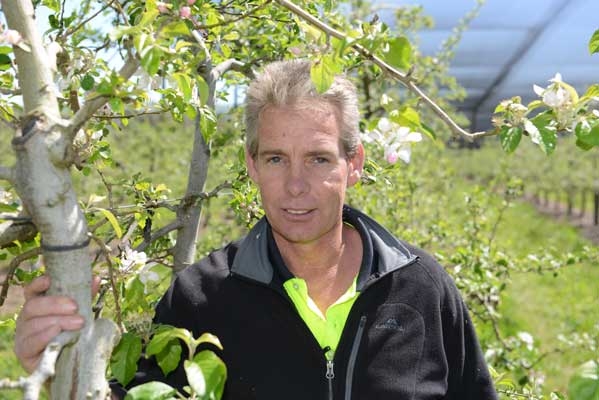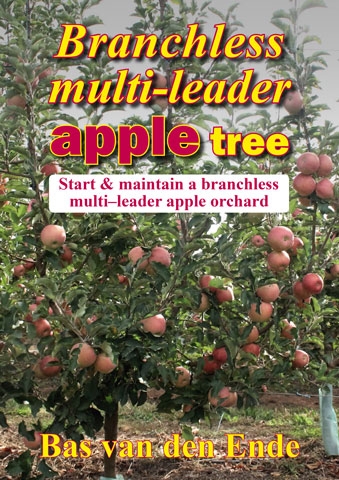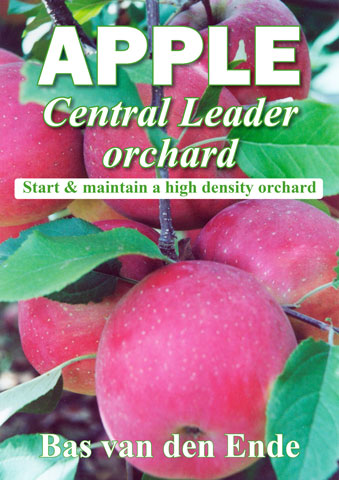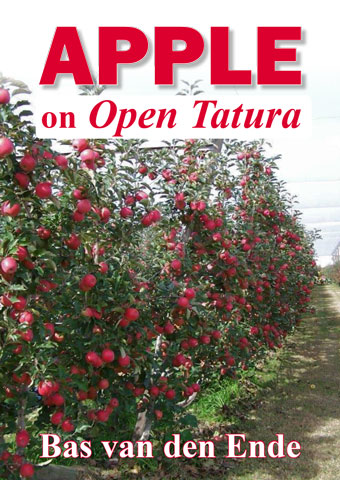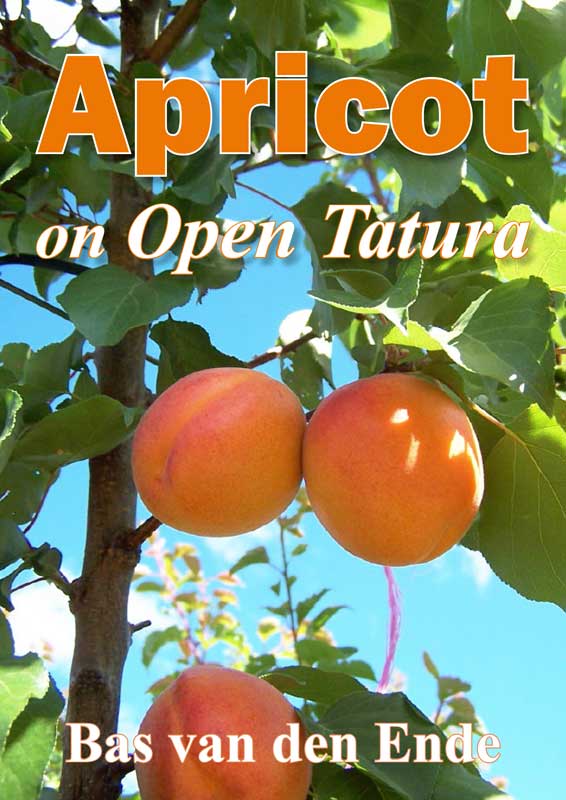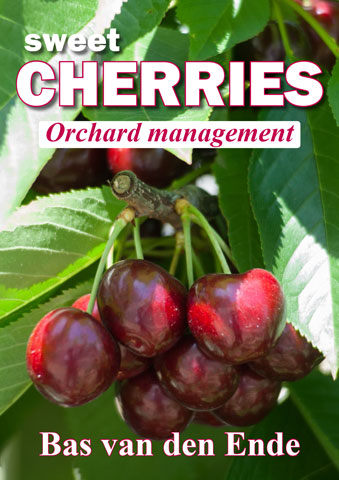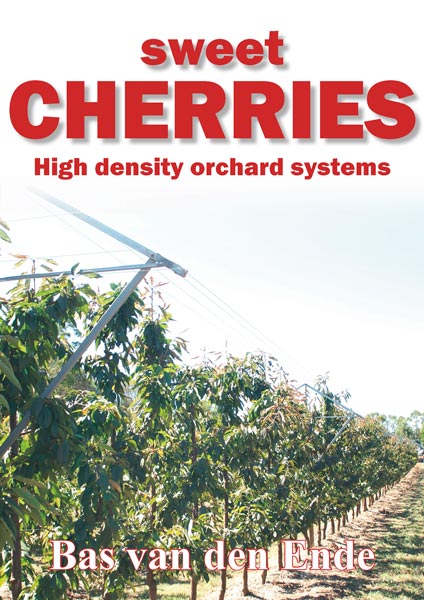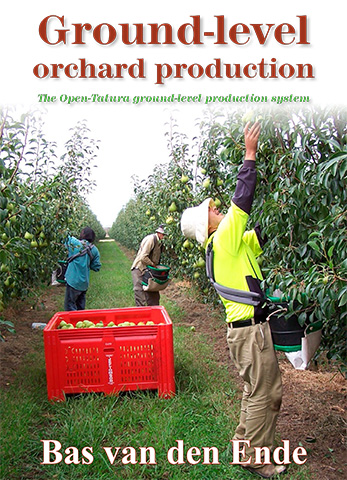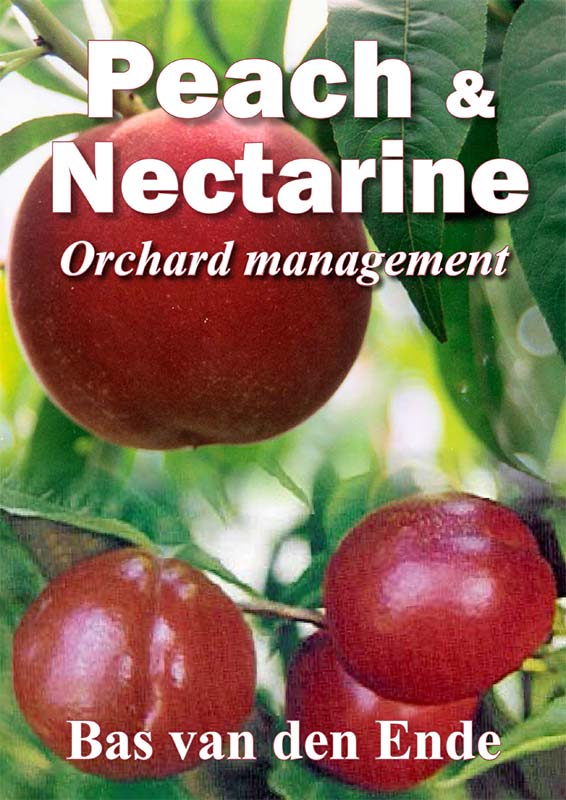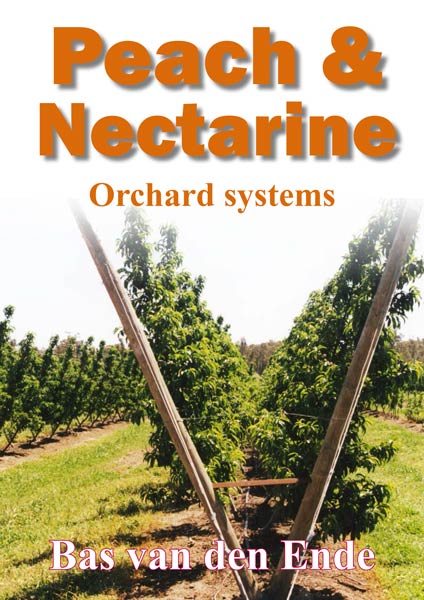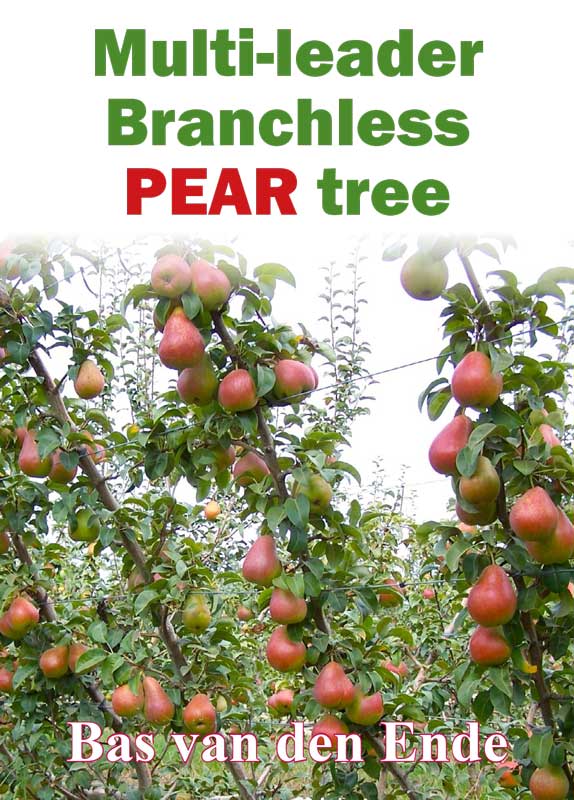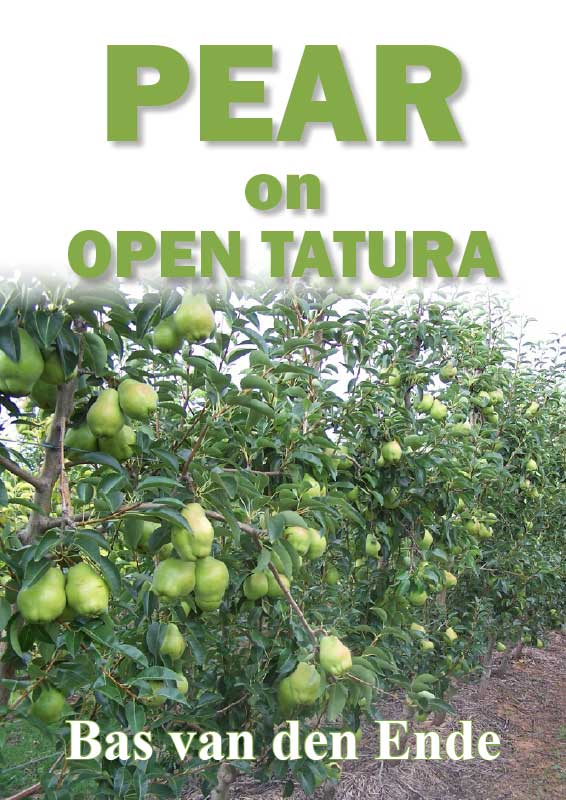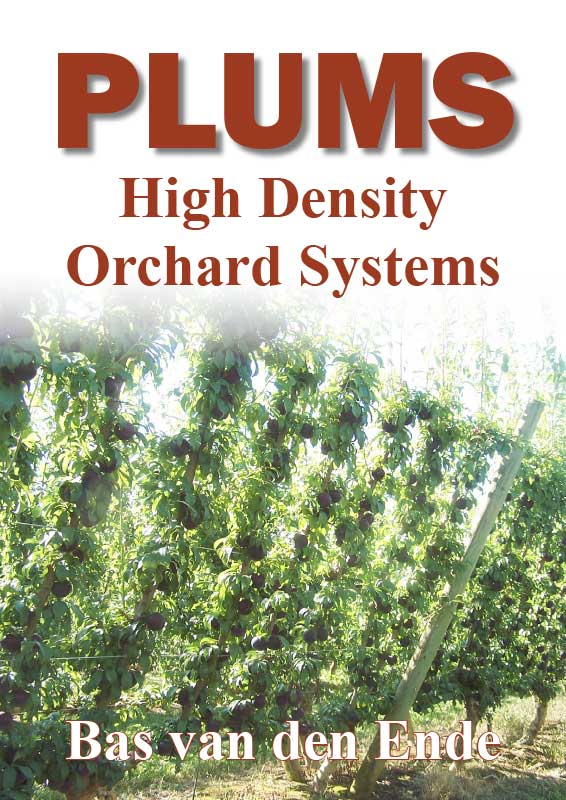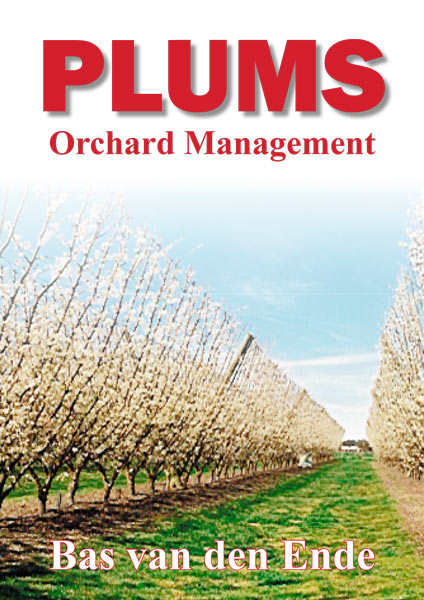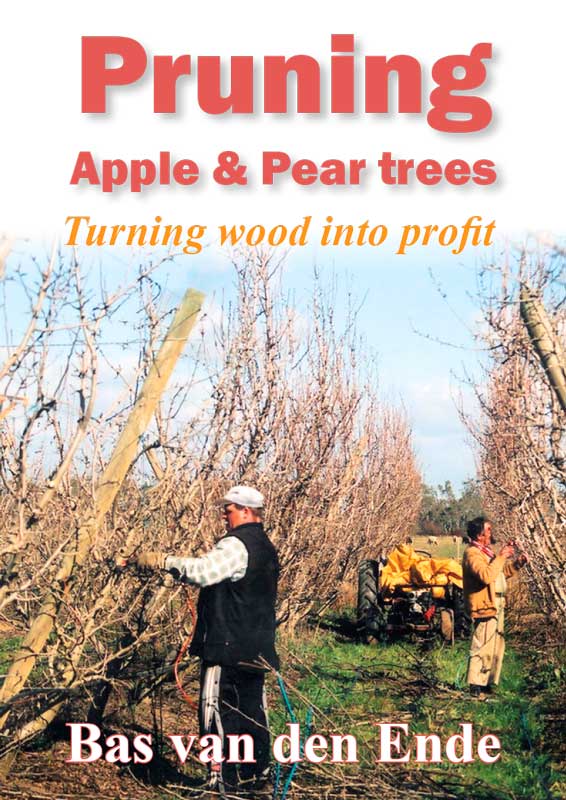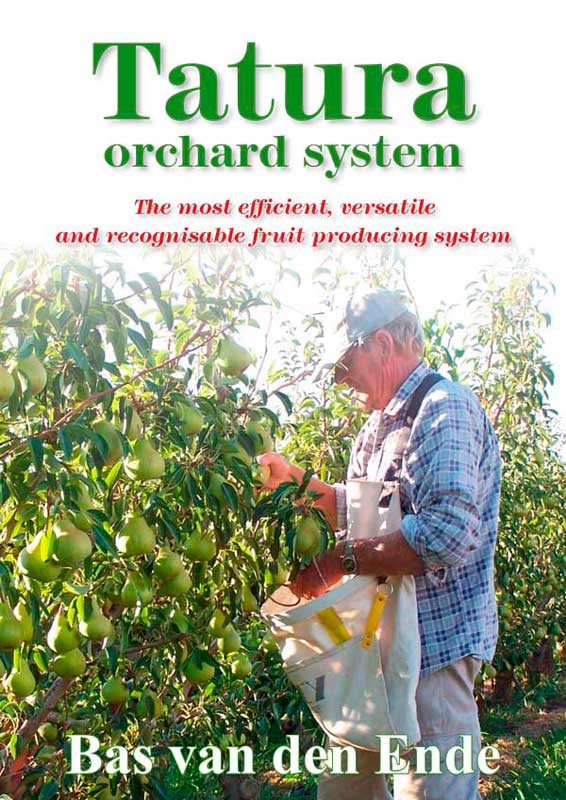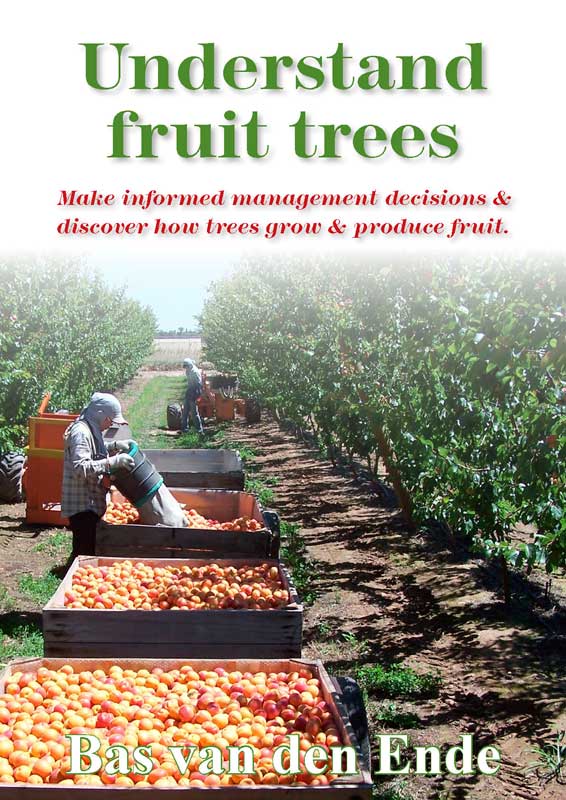Disease has been kept under control at the Geoffrey Thompson Orchards in the Shepparton and Harcourt regions of Victoria in a challenging season of very wet, spring conditions.
General Manager, Brent Reeve, said the company had 730 hectares of apples and pears covering both regions and were committed to producing a quality product over a large area.
“There’s a focus on trying to get that quality throughout and, over such large scales, it is quite difficult to make sure every block is up to scratch. The pests and diseases that are out there, you need to be very focussed on that.”
Program for black spot and powdery mildew
He said Black spot and Powdery mildew were two diseases that could cause major issues with apples and it was important to implement a program that controlled both.
“We definitely sit down at the start of the year and go this is what we plan to do but that can change every day. It depends on the weather.”
In a normal season they would apply a fungicide every seven to fourteen days but that interval has been reduced due to the conditions.
“This year it has been seven to ten days, given the weather has been so terrible. We’ve tightened everything up and, so far, there is no spot and no Powdery mildew.
“What we’ve done is working. It might have cost us a bit more money but an expensive spray program is one that doesn’t work.”
DuPont™ Fontelis® fungicide
The main product used for Black spot and Powdery mildew control is DuPont™ Fontelis® fungicide which is normally applied at around the fifty per cent King bloom stage.
“Fontelis is great for our Powdery mildew and Black spot. Also it is pretty hardy with the rain, so after we put it on we are pretty confident it will last out seven to ten days,” Mr Reeve said.
“We definitely put it on when it is going to be the worst possible weather conditions so we know it is robust and it will hold up in the rain.
“We’ve been using it for three years now. So it has worked well for us over those three years.”
Applications
He said two applications of Fontelis are applied back-to-back before they rotate to another mode-of-action chemical.
“We religiously make sure we only use the chemistry twice to three times a year and we try to rotate the different fungicide groups as well.”
The introduction of chemistry such as Fontelis has helped control Black spot and Powdery mildew in the orchards and has taken the pressure off that aspect of the operation.
Effective
“There is no disease coming through at the moment,” Mr Reeve said.
“We can’t see any Powdery mildew or Black spot so what we are doing is working at the minute.”
“If we start to get some Black spot now, it will stick around and go onto the fruit, so then we’ve got problems with fruit that is marked and damaged at harvest time and that is unsaleable or downgraded.
“Powdery mildew—if it comes in now—wrecks your shoot growth for the season and for the future.”
Great for IPM
IPM techniques are implemented across all the orchards and products are picked on their ability to fit into a program that encourages beneficial insects.
“Fontelis is really great for an IPM program,” Mr Reeve said. “It doesn’t knock around your predators so it is good in that sense. It definitely helps with mite control later in the year.”
The Jeftomson enterprise has been producing apples and pears since 1949 and supplies all major retail chains as well as overseas markets that include New Zealand, Malaysia and the United Kingdom.
Contact Greg Bennett, Vic/Tas/MIA Territory Manager, DuPont Crop Protection
phone 0429 009 909
See this article in Tree Fruit Dec 2016
